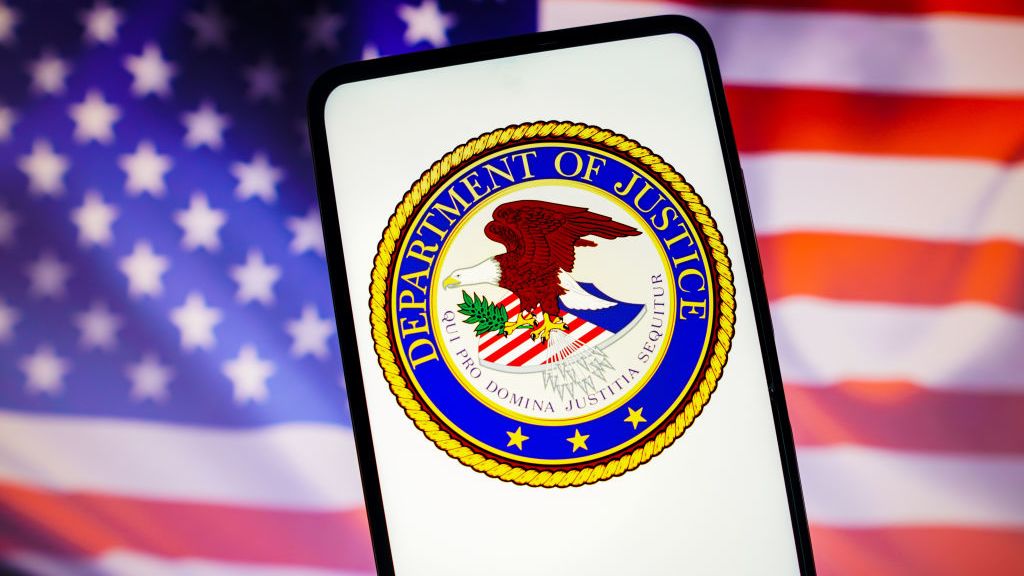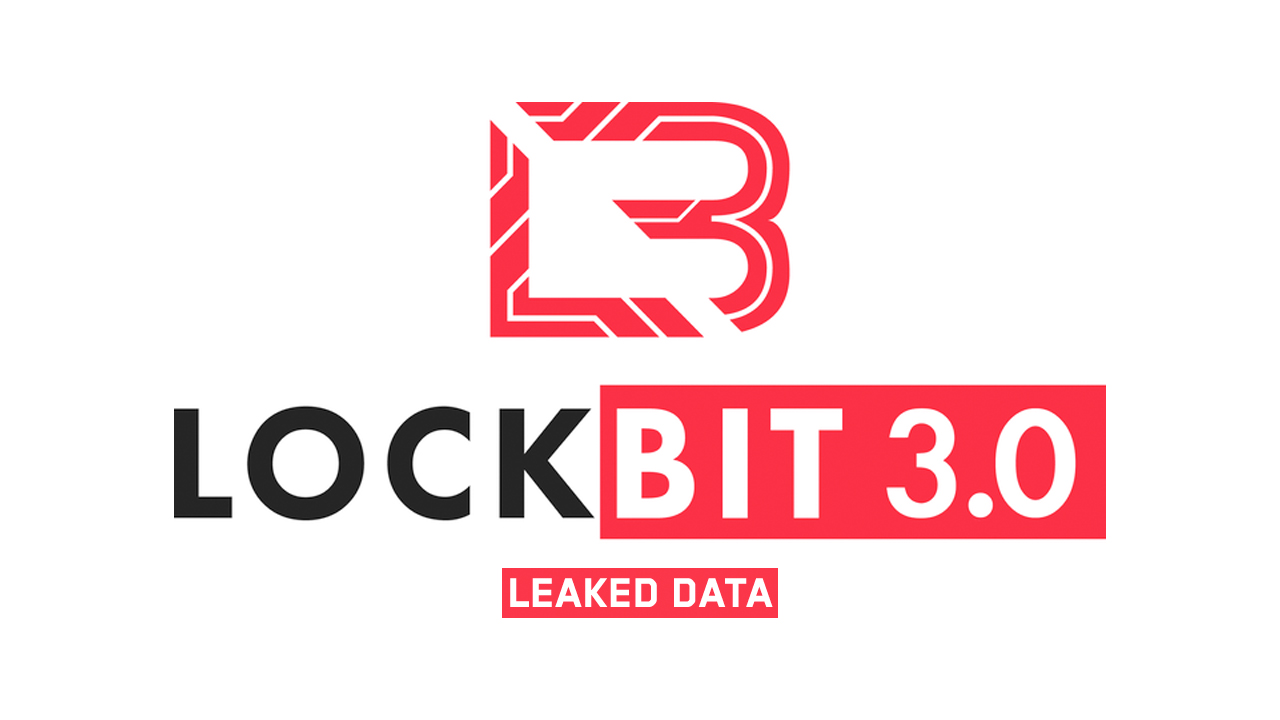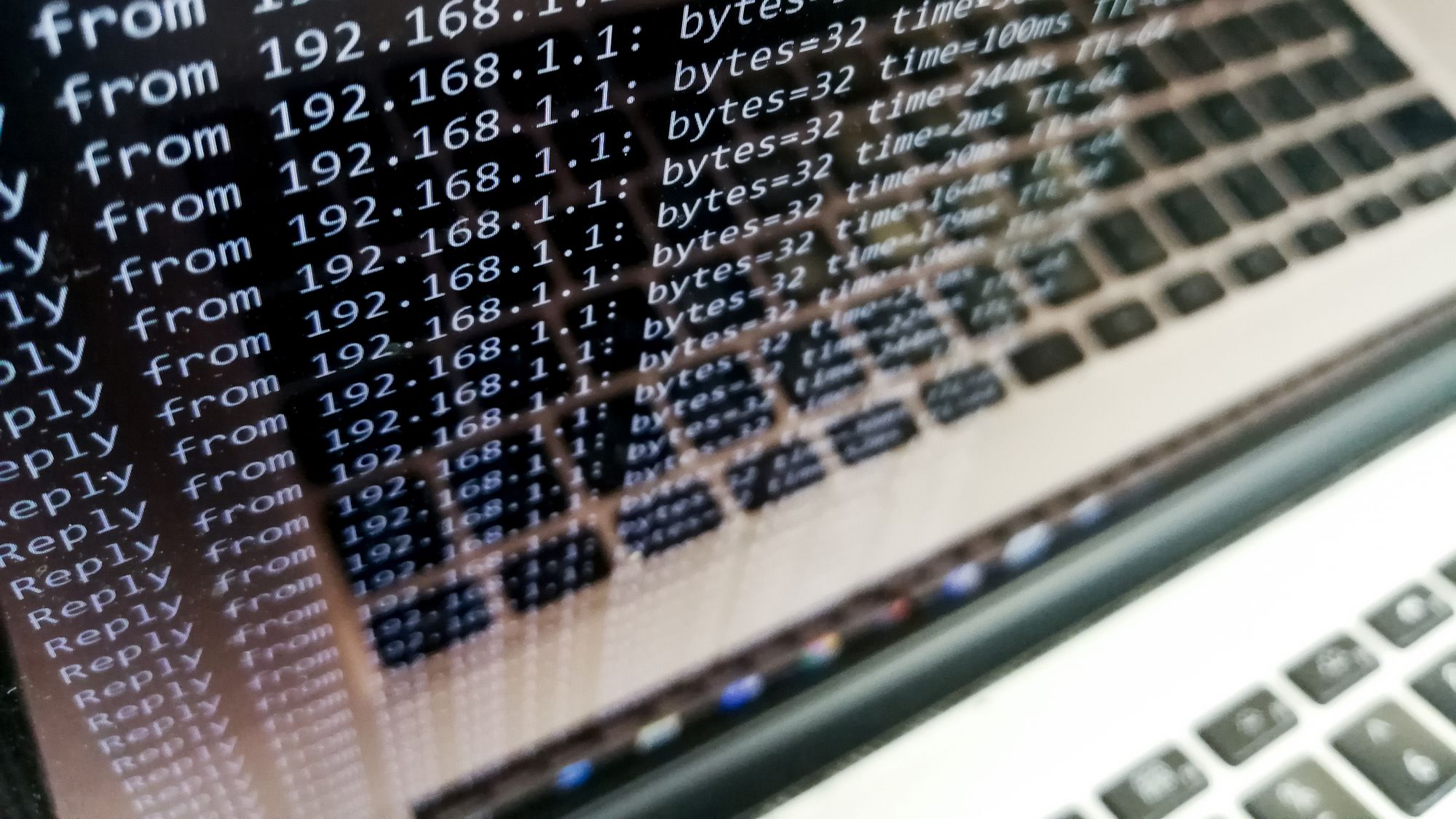Mirai: Trio confesses to creating the world's most powerful DDoS botnet
One of the hackers also open sourced the code, enabling criminals to launch their own attacks

Sign up today and you will receive a free copy of our Future Focus 2025 report - the leading guidance on AI, cybersecurity and other IT challenges as per 700+ senior executives
You are now subscribed
Your newsletter sign-up was successful
Three men have admitted to being the authors of the devastating Mirai botnet, which was used to launch a DDoS attack that took large parts of the internet offline last year before being widely shared with cyber criminals.
Paras Jha, 21, of Fanwood, New Jersey; Josiah White, 20, of Washington, Pennsylvania; and Dalton Norman, 21, of Metairie, Louisiana, all pleaded guilty to operating Mirai last week, in a court case unsealed by the US Department of Justice yesterday.
The trio built the botnet over the summer and autumn of 2016, targeting IoT devices like routers and wireless cameras, and targeting device vulnerabilities that would let Mirai enslave connected gadgets.
Mirai was behind one of the most effective DDoS attacks ever, hammering DNS provider Dyn with access requests from tens of millions of different IP addresses to force it offline and thereby bring down Github, Reddit, Twitter, Spotify and other huge companies that rely on Dyn to route users to their sites.
The trio conducted multiple DDoS attacks using the Mirai software in 2016, but the FBI doesn't believe they were behind the Dyn attack - they ended their involvement with Mirai in the autumn, when Jha posted the source code on a criminal forum to let other hackers use it to launch their own attacks.
Under the pseudonym of Anna-senpai, Jha wrote on the forum: "When I first go in DDoS industry, I wasn't planning on staying in it long. I made my money, there're lots of eyes looking at IOT now, so it's time to GTFO."
This came shortly after an attack on KrebsOnSecurity, security journalist Brian Krebs' blog, that was so big his pro-bono DDoS protection provider Akamai dropped him as a customer due to the cost of protecting his site.
Sign up today and you will receive a free copy of our Future Focus 2025 report - the leading guidance on AI, cybersecurity and other IT challenges as per 700+ senior executives
"After Kreb [sic] DDoS, ISPs been slowly shutting downs and cleaning up their act," Jha wrote on the criminal forum, warning that such a public attack had seen ISPs grow more wary. "Today, max pull is about 300k bots, and dropping."
That was still large enough to pull down Dyn, however. Open sourcing Mirai also led to 15,194 attacks, according to a paper assessing the impact of the botnet.
Jha and Norman also pleaded guilty to using their pool of more than 100,000 connected devices to launch a 'clickfraud' campaign between December 2016 and February this year, generating false advertising clicks online.
Mirai wasn't Jha's first involvement with cyber attacks however - he pleaded guilty yesterday to a series of attacks on Rutgers University between 2014 and 2016, shutting down the university's central authentication server that staff and students used to deliver assignments and assessments.
"The Mirai and Clickfraud botnet schemes are powerful reminders that as we continue on a path of a more interconnected world, we must guard against the threats posed by cybercriminals that can quickly weaponize technological developments to cause vast and varied types of harm," said the Justice Department's acting assistant attorney John Cronan.
The FBI's assistant director, Scott Smith, added: "These cases illustrate how the FBI works tirelessly against the actions of criminals who use malicious code to cause widespread damage and disruptions to the general population.
"The FBI is dedicated to working with its domestic and international partners to aggressively pursue these individuals and bring justice to the victims."
Jha, White and Norman are yet to be sentenced.
-
 Stop treating agentic AI projects like traditional software
Stop treating agentic AI projects like traditional softwareAnalysis Designing and building agents is one thing, but testing and governance is crucial to success
-
 PayPal appoints HP’s Enrique Lores in surprise CEO shake-up
PayPal appoints HP’s Enrique Lores in surprise CEO shake-upNews The veteran tech executive will lead the payments giant into its next growth phase amid mounting industry challenges
-
 UK crime fighters wrangle “several thousand” potential cyber criminals in DDoS-for-hire honeypot
UK crime fighters wrangle “several thousand” potential cyber criminals in DDoS-for-hire honeypotNews The sting follows a recent crackdown on DDoS-for-hire services globally
-
 US begins seizure of 48 DDoS-for-hire services following global investigation
US begins seizure of 48 DDoS-for-hire services following global investigationNews Six people have been arrested who allegedly oversaw computer attacks launched using booters
-
 Will triple extortion ransomware truly take off?
Will triple extortion ransomware truly take off?In-depth Operators are now launching attacks with three extortion layers, but there are limitations to this model
-
 GoDaddy web hosting review
GoDaddy web hosting reviewReviews GoDaddy web hosting is backed by competitive prices and a beginner-friendly dashboard, and while popular, beware of hidden prices
-
 Japan investigates potential Russian Killnet cyber attacks
Japan investigates potential Russian Killnet cyber attacksNews The hacker group has said it’s revolting against the country’s militarism and that it’s “kicking the samurai”
-
 LockBit hacking group to be 'more aggressive' after falling victim to large-scale DDoS attack
LockBit hacking group to be 'more aggressive' after falling victim to large-scale DDoS attackNews The ransomware group is currently embroiled in a battle after it leaked data belonging to cyber security company Entrust
-
 Record for the largest ever HTTPS DDoS attack smashed once again
Record for the largest ever HTTPS DDoS attack smashed once againNews The DDoS attack lasted 69 minutes and surpassed the previous record of 26 million RPS
-
 Cloudflare mitigates biggest ever HTTPS DDoS attack
Cloudflare mitigates biggest ever HTTPS DDoS attackNews A botnet generated over 212 million HTTPS requests from over 1,500 networks in 121 countries